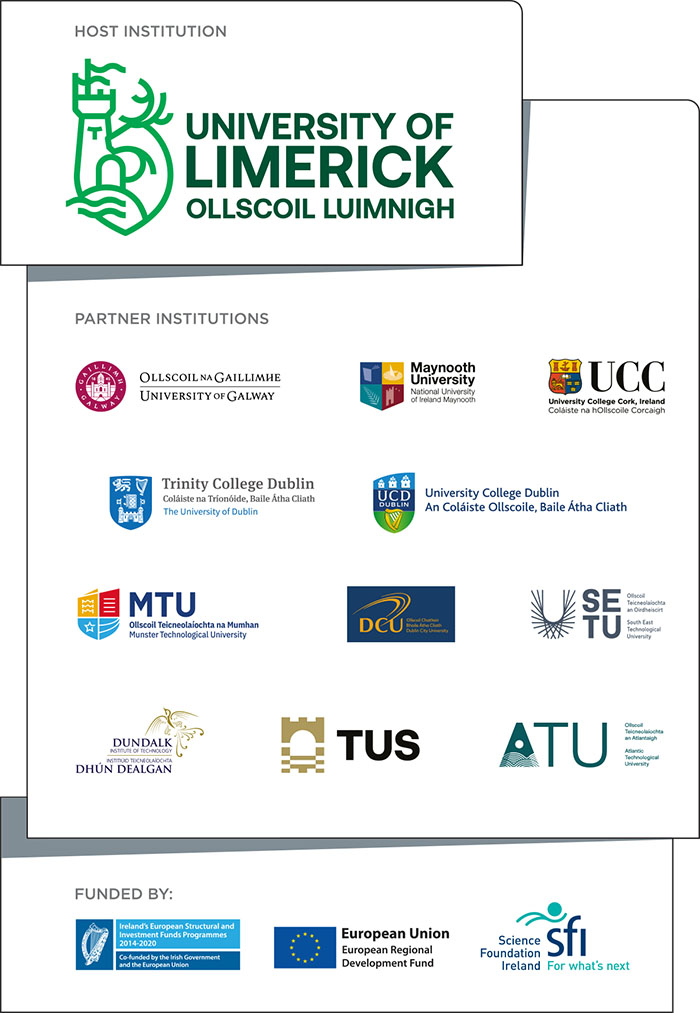Ireland can become global Software Valley-Lero Annual Report
You are here
Increasing international pressure on corporation tax rate emphasises need to boost indigenous sector and support infrastructure for multinationals

Prof. Mike Hinchey (Lero@UL)
Ireland is well on the way to becoming a global software centre with major jobs potential, according to the annual report of Lero, the Irish Software Engineering Research Centre which is supported by Science Foundation Ireland.
In his director’s statement, Professor Mike Hinchey says, “We believe that Ireland can become Europe’s software capital or Software Valley. Our vision is for Ireland to be to software what Germany is to the automotive industry or Sweden is to design.”
He said that from keeping aircraft in the air to making sure that ATMs pay out cash, the world is more dependent than ever on software and that Ireland has an opportunity to grasp the potential of this.
“Ireland has developed a strong software base in terms of not only multinationals but also the indigenous sector. Nine of the world’s top ten software companies are located here.
“Ireland’s indigenous software industry is at a tipping point. There are approximately 900 software firms in Ireland, 80% of which are indigenous. Our research finds that these indigenous firms are increasing numbers employed in software development faster than their multinational counterparts.”
Referring to increasing pressure on Ireland’s favourable corporation tax rate, from not only competitive countries but EU and US tax authorities, Prof Hinchey said that it is strategically important to be able to offer multinationals access to infrastructural supports such as Lero that will attract and retain them in the country as well as building up the indigenous sector.
He said that a particular challenge for indigenous software firms was access to skilled staff who are more likely to be attracted to multinational household names.
He pointed out that while Ireland produces about 1,500 computing graduates per year, India produces 700,000. “We cannot compete in terms of numbers but we can be judicious in the types and quality of graduates produced.”
Prof Hinchey said that the skills shortage must start with introducing kids to the world of software. “Lero’s development of Scratch teaching materials (www.scratch.ie) and training for 1,200 primary school teachers ensures that Irish students are starting to learn about software from an early age. Lero has also developed the first official Junior Cert course in programming.”
At the other end of the scale, he pointed out that Lero is one of the largest producers of PhD graduates in Ireland. “Lero currently has 97 PhD students, with 36 more having graduated since 2007, almost 50% of these moving to positions in industry.”
He added, “Software innovation is transforming our world and is at the forefront of breakthroughs such as the internet of things, smart cities, cloud computing and cyber security – all of which are areas in which Lero researchers are working.”
The Lero 2013 annual report can be downloaded from www.lero.ie




